Washington, D.C. | September 22, 2025 — The U.S. House of Representatives narrowly approved a stopgap spending bill late Monday evening to keep the federal government funded beyond the looming deadline. Yet, a fierce standoff over health care provisions threatens to derail the measure in the Senate and push the nation closer to a shutdown.
The measure, known as a continuing resolution (CR), extends government funding for several weeks while lawmakers negotiate a broader budget deal. Without congressional action, funding is set to expire at midnight on Friday.
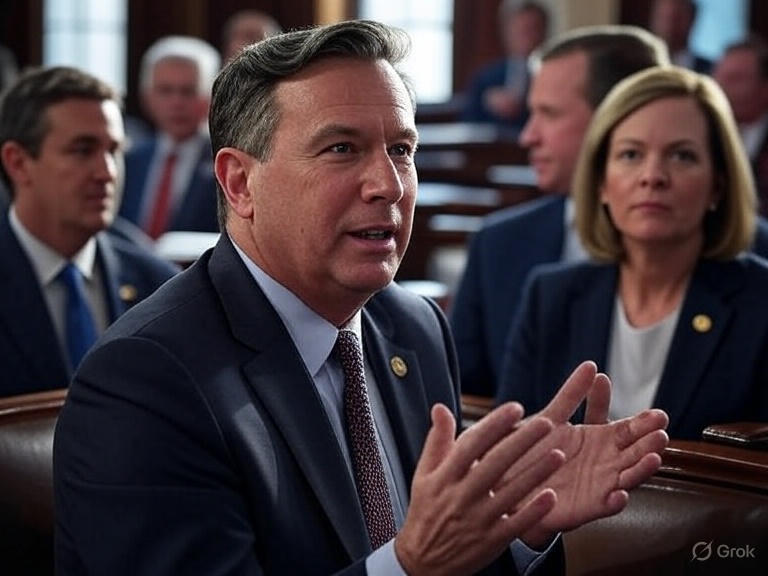
Background: A Familiar Budget Standoff
This stopgap vote mirrors past fiscal showdowns that have plagued Washington. At the heart of the dispute this time is funding for community health centers and a proposed rollback of certain Affordable Care Act (ACA) subsidies. Conservatives argue the cuts are necessary to curb spending, while Democrats call them a direct attack on health care access.
“We cannot keep governing from crisis to crisis, but we also cannot write a blank check,” said House Speaker Michael Whitman (R-TX) after the vote.
Democrats, however, were quick to push back.
“This bill is a ticking time bomb for millions of Americans who rely on affordable health care,” said Minority Leader Karen Delgado (D-CA). “We need a clean funding bill — not one that plays politics with people’s lives.”
What’s Next in the Senate
The Senate is expected to take up the bill later this week, where it faces a much tougher road. With Democrats controlling a slim majority, provisions tied to ACA subsidies are unlikely to pass without significant revisions. Senate Majority Leader Ellen Grant (D-NY) has already signaled the chamber will make changes.
If the two chambers cannot reconcile their differences before the deadline, large parts of the federal government could shutter, putting federal workers on furlough and halting many public services.
Broader Implications
The standoff comes at a time when Americans are already facing economic strain from rising health care costs. A shutdown would only heighten uncertainty. Analysts warn that even a short-term lapse in funding could disrupt health services, delay federal aid, and dent economic confidence.

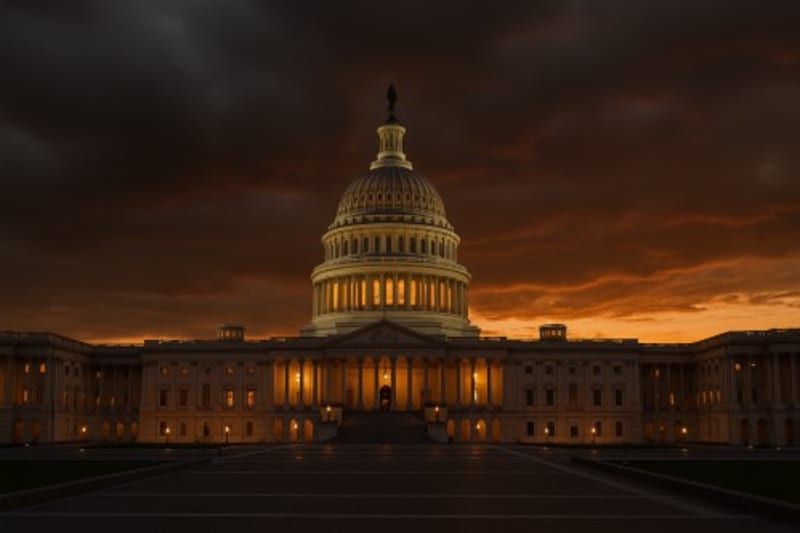
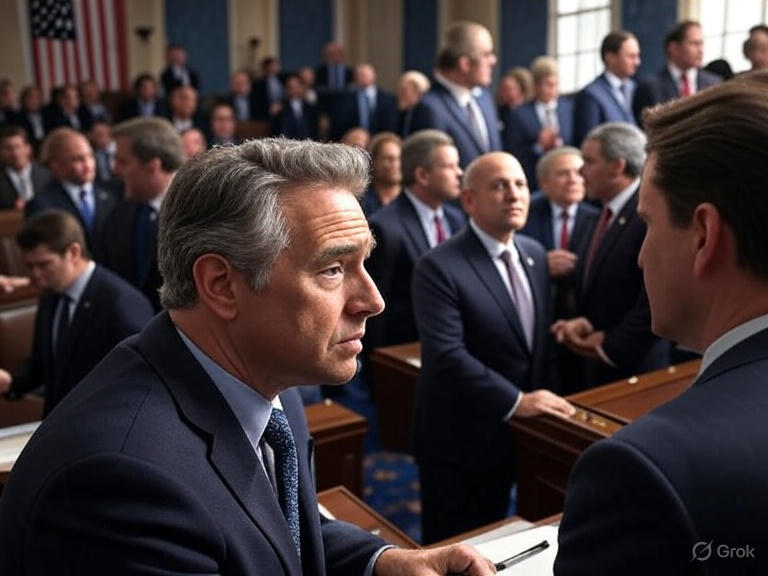

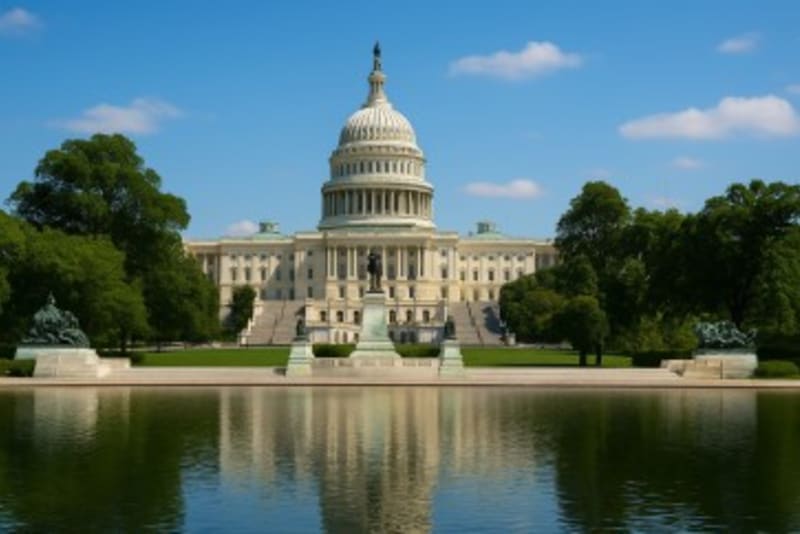

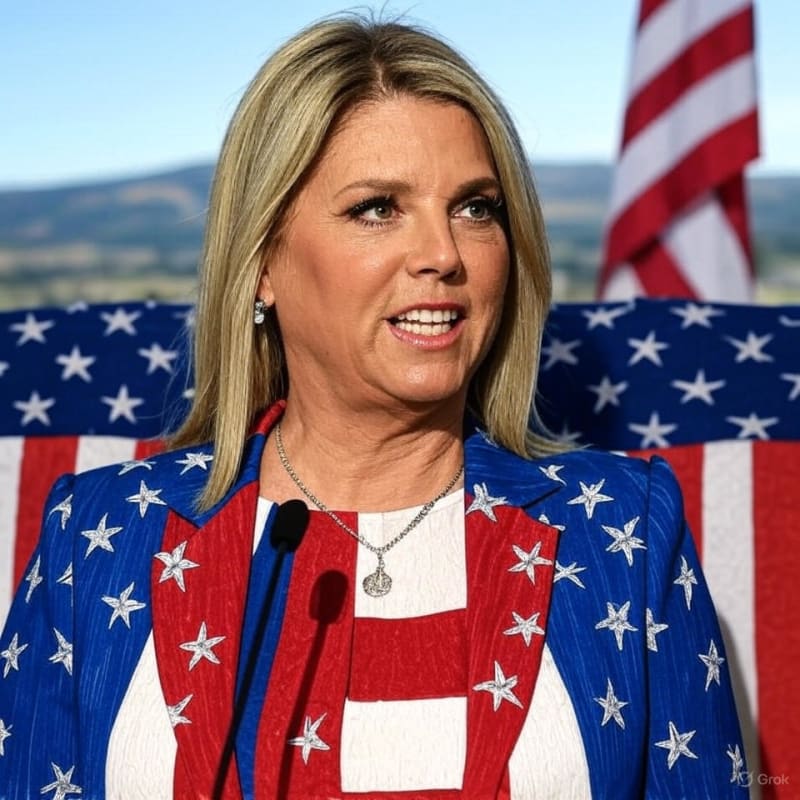

Comments
No comments yet. Be the first to comment!